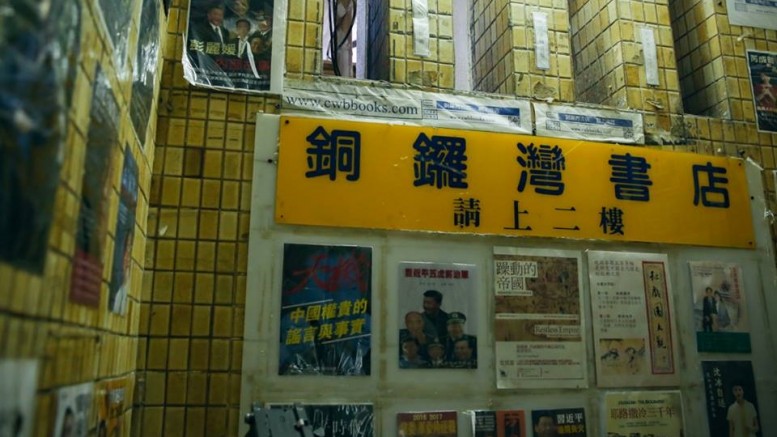By Tsang Yok-sing –
Hong Kong’s second “deep-seated problem” as Professor Wang Zhenmin (王振民),, Dean of Law School of the Tsinghua University, has pointed out in his article in the Bauhinia Monthly magazine is that “Hong Kong (people) can never avoid the issue of how to face their motherland.” Wang said: “In terms of political, economic, social and cultural developments, Hong Kong will not be able to move forward in isolation from This is true now and in the future, as it was in the past.”
The reference to “the past” should not cover the period before the 1997 handover. Hong Kong practically developed “in isolation from” other parts of China before the handover, in particular before China adopted open and reform policy. This is the historical reason for the implementation of “one country, two systems” in Hong Kong after 1997 and the reason why Hong Kong and the mainland are vastly different, politically, economically, socially and culturally.
Professor Wang has pointed out China has become the second-largest economy in the world. “Not only Hong Kong, Macau and Taiwan find themselves inseparable from the mainland economy, but so do many other countries including the major nations… However, deliberately or unintentionally, Hong Kong has tried to sever itself from the mainland. Hong Kong is moving farther away from the mainland. The result is that it has lost a lot of valuable opportunities. China’s economy has rapidly developed in the past three decades. Hong Kong seems to have been stuck in its status quo, or even moved backward in recent years. This is because some people have not joined the mainstream of the nation’s development whole-heartedly.”
A lot of people would share the view of Professor Wang that Hong Kong has become stagnant for years, or has even moved backwards. But is it because “some people have not joined the mainstream of the nation’s development whole-heartedly,” as he has argued? Who are these “some people”? Ordinary people? Politicians? Businessmen? Or SAR government officials? If it is just the problem of “some individuals”, can that separate Hong Kong from the mainland and hinder the progress of the city?
Even if certain “individuals” have missed the opportunity created by the country’s development, there are certainly a lot of smart people who know how to seize and make the best of the opportunities. The issue of “how Hong Kong people face their motherland” is not about whether they recognise the fact that Hong Kong cannot isolate itself from the mainland economy, nor whether Hong Kong people can grab the opportunities arising from the nation’s development. Hong Kong people find it difficult to face the reality that there is a wide gulf between the mainland’s understanding about such concepts as democracy, freedom, human rights and rule of law and the values of most Hong Kong people. The bookshop owner Lee Bo’s case is an example.
With the increasing economic and social integration between Hong Kong and the mainland, the contradictions caused by the differences in their values and concepts will definitely become more frequent and sharper. This is a deep-seated problem Hong Kong cannot avoid, and one the central government officials in charge of Hong Kong affairs cannot ignore.
Tsang Yok-sing is President of the Hong Kong Legislative Council. This is a translated version of his regular column published in Chinese-language AM730 on January 14.
Photo: VOHK Picture
(Editor’s note: Prof Wang is now head of legal affairs department of the Central Government’s Liaison Office in Hong Kong.)


Be the first to comment on "Beijing cannot ignore mainland-HK differences in values, concepts"